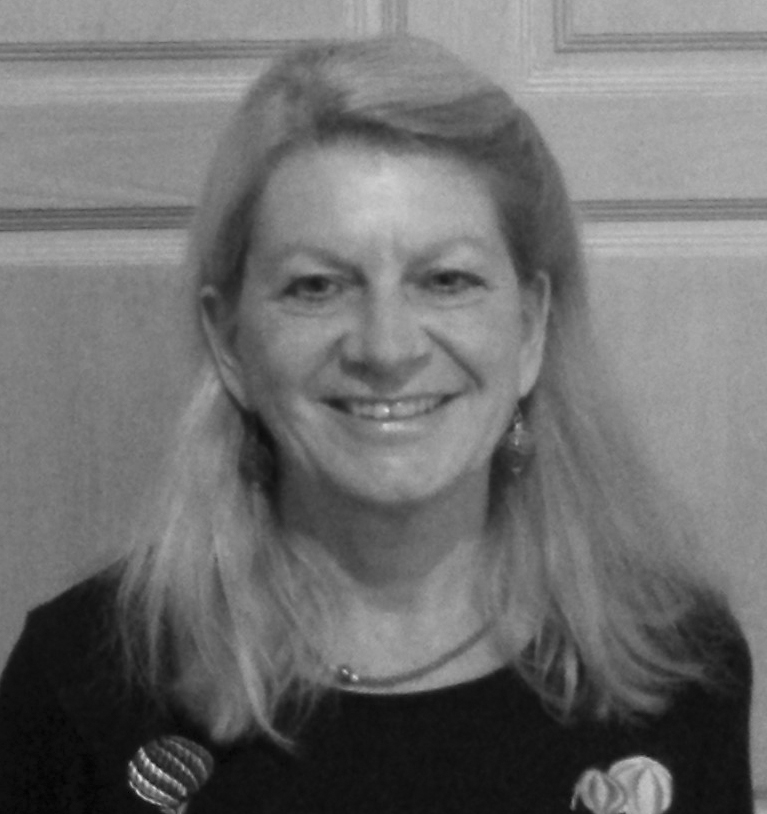28 April 2022
Disappearing Doctors
A broken system.
By Lynda Goetz

This week, as it does every so often, the General Medical Council (GMC) issued a draft update of its regulations for doctors. The last time it did this was in 2013. At that time, one of the new rules raised some concern and prompted several articles, included one from Max Pemberton, entitled ‘General Medical Council rules threaten doctors’ free speech’. Max Pemberton was, at that time, the pen name of an NHS junior doctor who used to write a column for The Telegraph. He now writes for The Daily Mail and has changed his name by deed poll to Max Pemberton following those 2013 guidelines which banned doctors from using aliases or noms de plume. The latest set of guidelines might be said to threaten doctors’ free speech even further.
The latest draft regulations state that doctors have a duty to speak out should they come across ‘toxic’ workplace culture threatening patient safety or if they encounter workplace discrimination, harassment or bullying. Failure to do so could, at worst, see them struck off. Although the new draft has yet to be scrutinised and discussed, as currently written it could also make it more difficult for doctors to express views which go against current orthodoxy. Some medics using social media during the pandemic caused a certain amount of controversy where their individual views did not, for example, support lockdowns or masks. In the case of GP Dr Samuel White, the GMC Interim Tribunal concluded in August 2021 that his way of sharing his views (a video on Instagram and Twitter) ‘may have a real impact on patient safety’ as he was sharing views with a ‘wide and possibly uninformed audience’. Restrictions were imposed on his registration. In December, the High Court decided this violated Dr White’s human rights and said the GMC Tribunal was ‘wrong’ in law.
The GMC exists of course to ‘protect, promote and maintain the health and safety of the public by ensuring proper standards in the practice of medicine’. It has an important role and updating regulations to keep abreast of a changing world is of course right. Is it right though to attempt to silence those who dissent from whatever happens to be the current orthodoxy? That is surely a freedom of speech issue? Many doctors already feel beleaguered. The NHS is not working. It is not working for those who need its services, but nor in many cases is it working for those doctors, nurses, physios and other health workers who work within it.
One of the other items of medical news this week was about proposed changes to the NHS pension scheme. According to one article on the subject, it appears that the burden of funding generous pensions for GPs and high-earning consultants will fall on junior doctors and lower-paid NHS workers. ‘Full time young doctors earning £45,000 will see take home pay fall by £630 a year after they pay more into pension for no added benefit’. Wesleyan Financial Services, who provide specialist advice for medical professionals, commented that it was hard to understand the logic behind making junior doctors and nurses bear the brunt of what is supposed to be a ‘flatter and fairer’ system. As the spokesperson for Wesleyan pointed out “The profession is facing pressures left, right and centre, with this added to the mix, the Government is only exacerbating the potential for more staff to leave the NHS.”
Already, as has been widely reported over the last couple of years and as recently as a couple of weeks ago, thousands of doctors have taken early retirement after receiving huge pension tax bills or been forced to reduce their hours in order to avoid incurring such bills. This is putting a squeeze on the NHS at both ends as younger doctors find themselves under increasing pressure and are tempted to seek employment in countries such as Australia, New Zealand or Canada where health services appear able to give them a better work/life balance or greater job satisfaction. GPs in this country who find their role reduced to one of triage and ever-increasing bureaucracy hear from colleagues in Australia that they are given greater responsibilities and are able to do more than simply refer patients to hospitals and specialists. That used to be the case here. General Practitioners built up relationships with their patients and also carried out minor operations. Now, in many larger practices, patients are lucky if they see the same doctor twice and the facilities (the old cottage hospitals) no longer exist for them to carry out any minor operations. These changes have obviously taken place for a variety of reasons, including safety and increased population densities, but they do mean that, for many doctors, job satisfaction is somewhat elusive.
For those who have chosen to specialise, the routes to consultancy have become longer and harder and the stress (and cost) of taking a series of exams whilst also continuing with work makes for increasing pressure. Staff absences during the Covid pandemic have added to staff shortages to make the workplace increasingly difficult. When this is combined with an extremely rigid hierarchy (which takes no account of the talents of employees or any time spent gaining experience outside the NHS) and the apparent inability of the administrative departments to organise things like holidays or pensions to work for those employed in the NHS, then the organisation becomes problematic for those within it as well as those trying to avail themselves of its services.
Those who wish to use the NHS are increasingly frustrated. Not only are mental health services woefully inadequate, as is frequently pointed out, but our cancer services do not measure up to those in Europe; and enquiries which reveal the extent of dangerous ideology and practices, such as the recent Ockenden Report into maternity services at the Shrewsbury and Telford Hospital NHS Trust, undermine public trust even further. When you add to these issues extensive media reports and widespread personal experience of the difficulties of seeing a GP, the unavailability of elective surgery such as knee and hip replacements or delays in cancer treatments leading to patients paying for private chemotherapy, it becomes more than obvious that not only is ‘our NHS’ not the envy of the world, it is a broken model. When someone needing a cataract operation has to go private because the lens type required (although only apparently £40 more expensive than that being used by the NHS) is not available through the NHS and the minor difference in cost cannot be made up, where is the equity in that? This policy is apparently applied so that there can be equality in treatment. It hardly seems equitable to force someone to accept an unsuitable lens (thus not properly restoring their sight) or pay between £3,000 and £4,000 for a private operation.
Is the Government going to refund any of those private fees paid by those who have (often at great personal cost) had to opt for private care because the NHS cannot deliver a timely or appropriate service? Of course it’s not. Is the public honestly so wedded to our ‘free at the point of delivery’ model when its deficiencies are becoming more apparent by the day? Perhaps not. Does the Government need to bite the bullet, look at how other (partly insurance-based) systems work, get rid of accumulated layers of useless and inefficient middle-management bureaucracy and instead of fiddling with a broken system and throwing ever larger amounts of cash at it, create a system which works for both the medical professions and the public? Of course it does.


